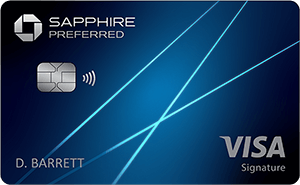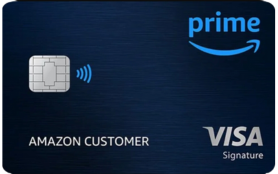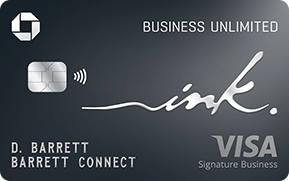Earlier this month the FBI warned people against using public USB charging stations at places like malls and airports. Those charging ports can be lifesavers when you’re at 1% and about to endure a 5-hour layover, but hackers have been using them to prey on people’s information.
The so-called “juice jacking” happens when hackers load malware onto public USB charging stations. Once you plug your phone in, hackers can access your personal information. To stay safe, here’s what we recommend:
Use AC power outlets
If you absolutely must plug into power at the airport, look for an AC power outlet instead of a charging station or anything with cables already attached to it.
Travel with a personal power bank
I recommend getting a personal power bank for all travelers. Not only does it protect against hacking but it’s so convenient for travelers. I can explore a new city all day and not be stressed about finding a cafe with a wall plug for chargers. I like using this lightweight, credit card-sized power bank for daily travel use and this more high-powered charging bank for when I know I’m going to need a little more juice for things like charging my laptop on the go.
Get a USB data blocker
These handy devices go right over your USB charging cable. USB data blockers look just like regular USBs but they have two data wires removed so that you can charge your device without transferring information.









 by your friends at The Daily Navigator
by your friends at The Daily Navigator



